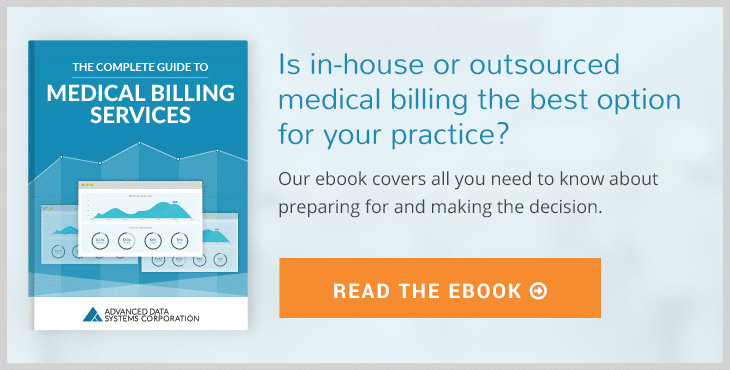Substance Abuse Billing Vs. Revenue Cycle Management
Substance abuse billing is one of the major areas with which drug and alcohol addiction
treatment centers struggle resulting in lost revenue and delayed payments.
Unlike Harbor Hall which has thrived (they’re an ADS client in Petoskey, MI), many drug
rehabilitation centers and behavioral health organizations are closing their doors due to rapidly
changing industry laws, regulations, and insurance companies. One thing in common with those
not surviving is poor revenue cycle management (RCM).
Substance Abuse Billing Fuels Drug Rehabs Bottom Line
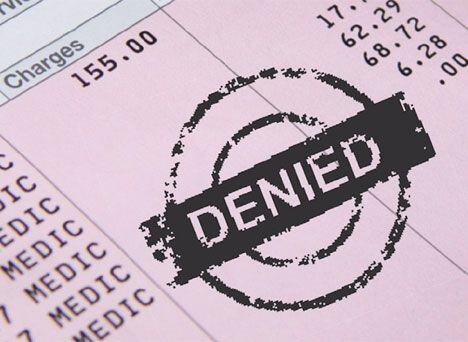
Substance abuse treatment providers are finding it increasingly more difficult to get
reimbursements from payers. Insurance companies first started with reimbursements to
hospitals which were hit by reimbursement delays, policy changes, and new submission
requirements.
Hospitals were first on the insurance payers’ “hit list” because they were on the highest end of
reimbursement amounts to be paid.
The National Institute on Drug Abuse previously reported that drug and alcohol addiction cost
the US an estimated $600 billion annually. This, combined with the drug testing abuse with
treatment providers had caused insurance companies to focus on reducing payments.
Substance Abuse Billing Vs. Revenue Cycle Management
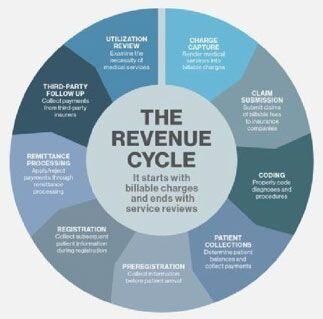
Drug rehabilitation treatment centers across the United States (but not Harbor Hall!) are
struggling with cash flow issues as denial rates increase and reimbursements decrease leaving
patients with the burden of rising financial responsibility amounts.
Once addiction treatment centers have cash flow issues, they tend to look closely at their
outreach costs. While this should certainly be taken into account there’s another major area that
must be addressed: how the entire industry has traditionally resorted to short-term solutions to
their long-term problems.
Many operators don’t realize the tremendous amounts of lost revenue they are currently
saddled with due to challenges in the verification of benefits, coding, accounts receivables
follow-up, and data management. Substance abuse billing, RCM, and drug rehab marketing are paramount for which substance abuse treatment center owners must have a clear vision. They also need to commit to ongoing education in these critical areas.
In any business, simply thinking or assuming one completely knows or has things under control
can be critical and costly.
For example, in the past, the money was easily flowing to treatment providers. That’s not the
case with new laws, rules, regulations, and insurance companies clamping down on treatment
providers.
Top Performance Indicators Checklist on Revenue Cycle Management
RCM is a complicated process whether you’re in or out of network, and whether you use in-
house automation or outsourced billing services/staffing.
Treatment centers and behavioral health organizations that handle billing and collections in-
house are almost assuredly leaving money on the table. Even when they an experienced staff,
these entities could very well lack the reporting tools and process automation necessary to
maximize collections.
(Harbor Hall uses the AI-driven MedicsPremier platform from ADS which provides and supports
maximized billing and collections, and the financial analytics needed to keep them in the light.)
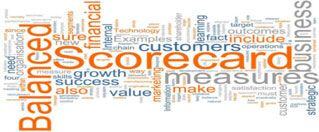
If outsourcing is preferred, RCM companies must provide complete visibility and transparency into their processes and success rates in engaging payers and patients (as done by ADSRCM). Besides getting maximized revenue, the RCM company must report on the top key performance indicators (KPIs) that should be monitored to ensure consistency in collections and drive accountability including:
- Bill Charge Lag Times
- Clean Claim Rates
- Days Revenue Outstanding (DRO)
- Accounts Receivables- Aging(A/R)
- A/R over 60/90 Days
- Denial Tracking and Management
- Payment Waterfall metrics
- Revenue Actualization %
- Referral Trending
All behavioral health organizations - including drug and alcohol addiction treatment centers -
should have a score card to be reviewed every six months, at a minimum. Doing this could
increase their bottom line by 20-30%.
Understanding the ICD-10 Billing Codes for Substance Abuse Billing
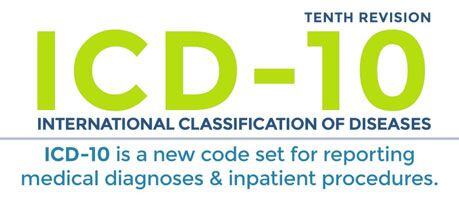
There are thousands of billing codes pertaining to substance abuse and behavioral health
treatment. It’s difficult for individuals to understand and comprehend, and it’s just one
component of substance abuse billing and RCM.
On the other hand, specialized behavioral health billing and RCM companies (such as
ADSRCM) have teams that consistently stay up-to-date with these codes and industry trends.
Behavioral health billing requires expertise in several areas, including eligibility, verification of
benefits, billing, and collections. In addition, the entire industry is moving towards
documentation success rates. This documentation must be in the form of electronic health
records (EHR).
Since insurance companies are currently on track to pay out less in reimbursements and
documentation is becoming a reason for that, treatment providers will need a comprehensive,
specialty-specific EHR (such as the ONC-certified MedicsCloud EHR from ADS).
Substance Abuse Electronic Health Records (EHR) Should be Married to Contact Relationship Manager

You know drug and alcohol addiction treatment centers must have a substance abuse electronic health records (EHR)health records (EHR) to document effective progress. But another piece is also needed: a
contact relationship manager (CRM) system.
Many treatment center owners see CRM as a marketing tool. While that’s true, it’s only the tip of
the iceberg on the advantages this critical piece of software can perform. Used correctly it
should be tightly tied to the EHR (as it is with the MedicsCloud EHR and MedicsCRM!).
When considering an EHR, having it effectively communicate with a CRM is often overlooked.
Substance Abuse EHR Costs
Ideally, drug and alcohol addiction treatment centers should perform their due diligence on EHR
and CRM. If either are approached as an afterthought, another costly decision is no doubt
coming up in the near future.
In the decision-making process see if the substance abuse EHR has a CRM with no additional
cost (as does ADS and ADSRCM). This would eliminate a future and costly hurdle that many
substance abuse treatment centers face. Still, if a certain stand-alone CRM is preferred, it
should be interfaceable with the EHR.
Understanding Substance Abuse Billing Vs. Revenue Cycle Management

As you’ve read, substance abuse billing is only one component of the entire RCM process
which begins with accuracy in gathering initial patient data. There are many pieces in this
complicated puzzle.
Addiction treatment centers must be savvy enough to get paid the most they can be paid by
insurance companies that are keeping reimbursements tight, and then by patients
with increasing responsibility amounts.
- Being better educated and having proper systems and software in place can recoup a
tremendous amount of lost revenue - Having a scorecard in place is critical to surviving the difficult changes in behavioral
health. - Remember to understand your:
- clean claim rates
- number of days of revenue outstanding
- expected insurance values (EIV) and, - to monitor your accounts receivables between 60-90-days so you can visualize what’s
behind, and what drives this bucket of unpaid charges.
management, electronic health records (EHR), and your contact relationship manager (CRM).
Learn More About Substance Abuse Billing, EHR and CRM
Substance abuse billing, EHRs, EMRs, CRMs and marketing must all work together for
addiction treatment centers. Being educated on all these aspects is paramount for owners and
addiction treatment industry executives.
To gain additional insight, you’re invited to download our free and informative ebook, the
Complete Guide to Medical Billing Services.
👉 Click here to see how Harbor Hall transformed their Behavioral Health Operations with ADS.
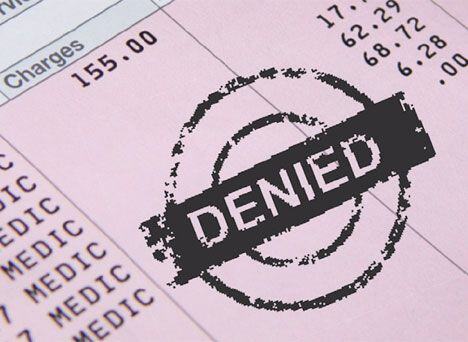

.png)
